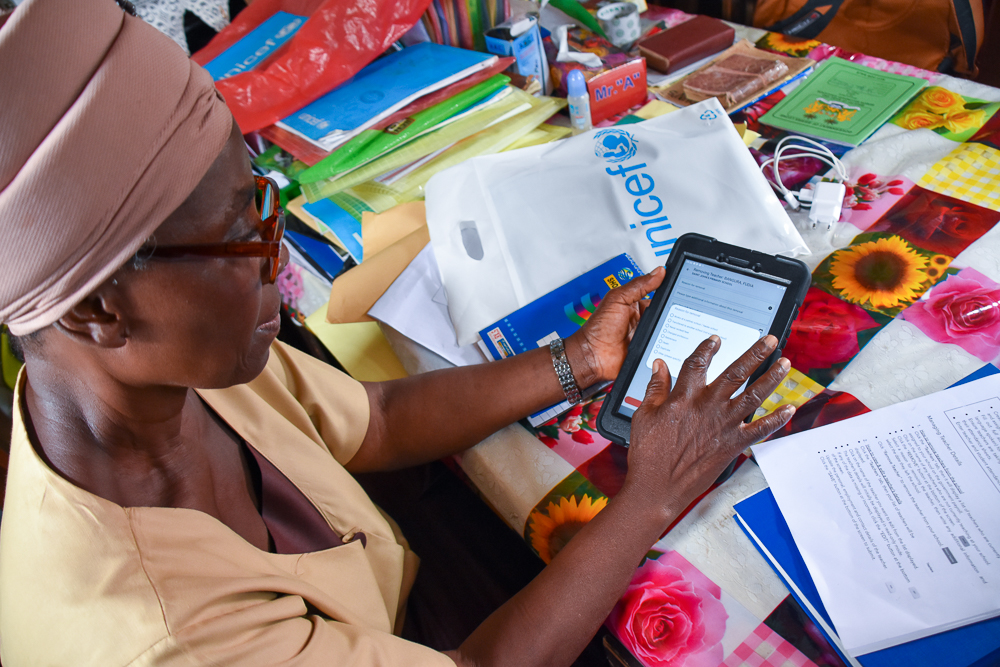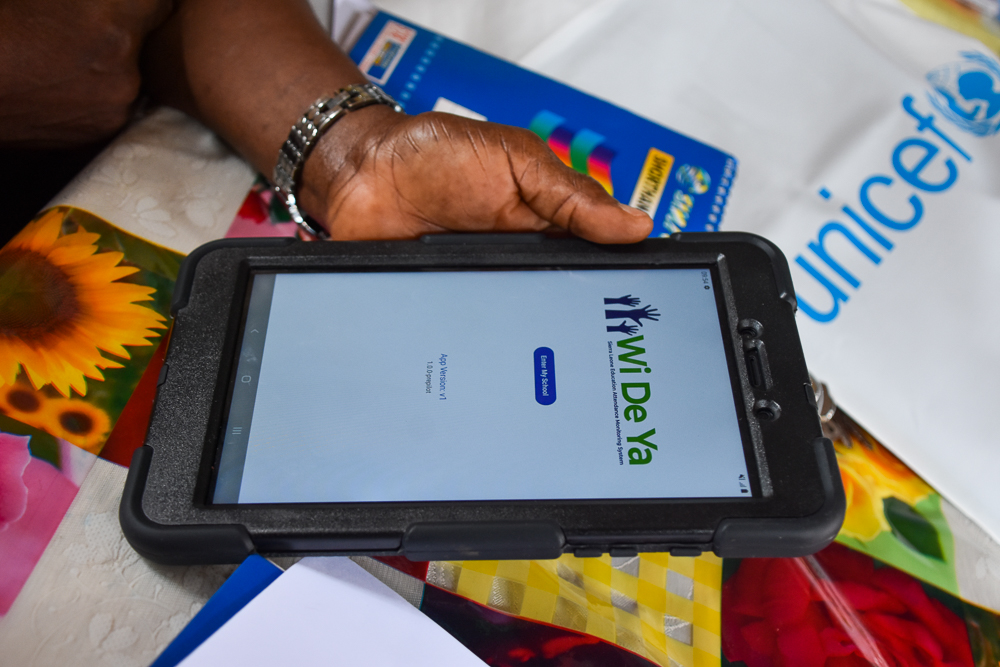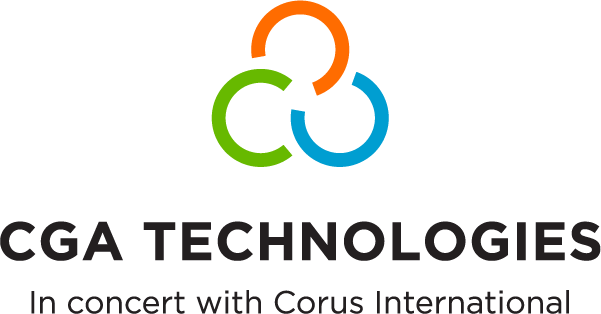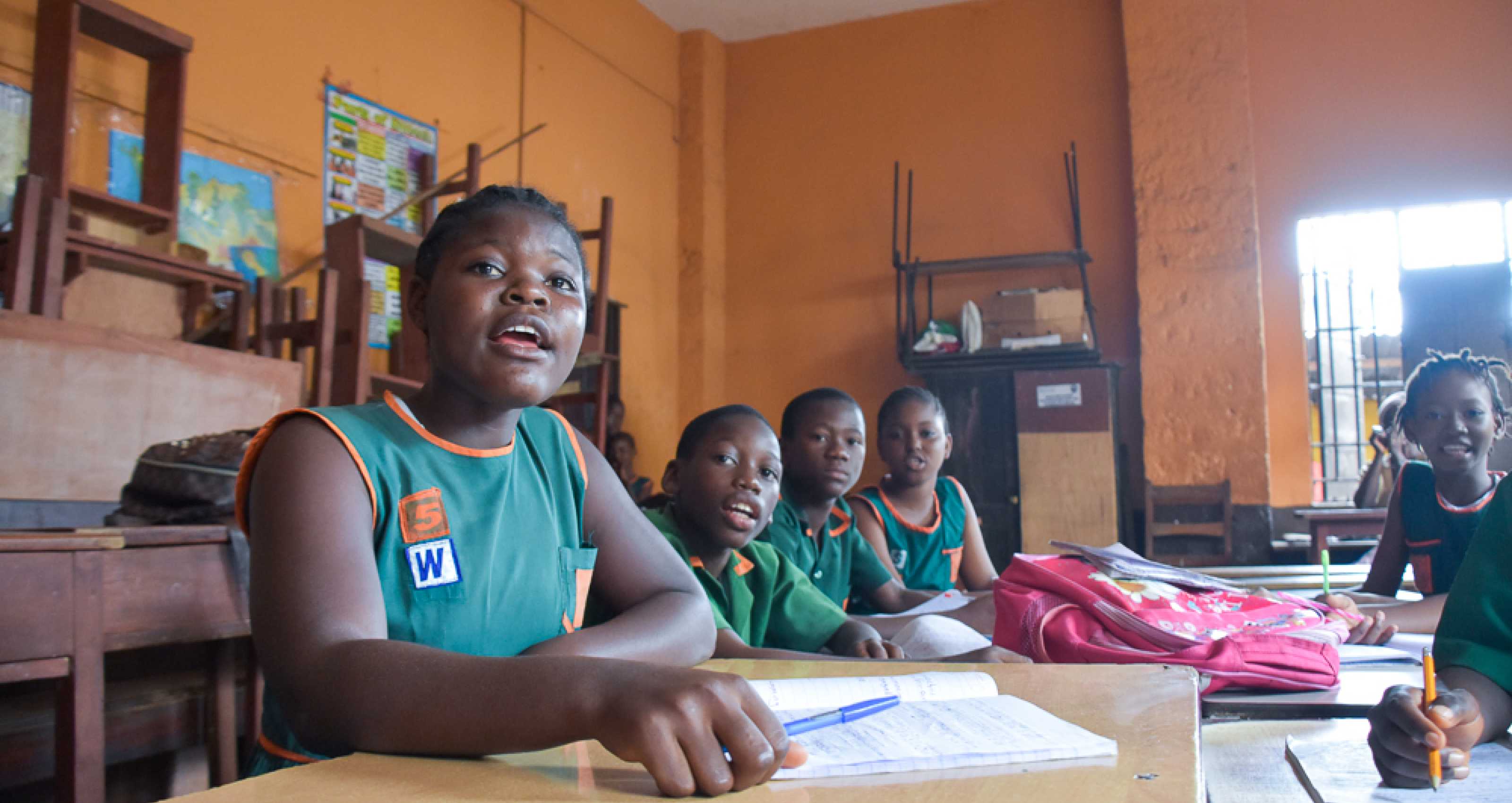Education is in crisis and the sheer scale of investment and effort required to tackle it is enormous, particularly given the post-pandemic global economic outlook.
If education is no longer considered ‘fit for purpose’, transformation is essential, especially if it is to equip every learner with the knowledge, skills and power to contribute to and build equitable and flourishing future societies.
The extent of the change needed was addressed by the global education community at the recent Transforming Education Summit (TES) in New York. Read the discussion papers for each of the summits’ five Action Tracks and you’d be hard pressed to identify any strand of education that currently meets desired standards across the board.
The question is, where should governments start?
The answer: data.
If there’s one thing CGA Technologies has learnt over the last 11 years, it is not to underestimate the power and importance of data and data management. Data is where effective transformation begins and it must be placed at the heart of tackling the education crisis.
How can governments make informed fiscally-sound decisions on where and how to direct efforts if they are not coming from a position of knowledge and understanding? Armed with quality disaggregated data - on individual people - governments can identify where to invest, who is learning (and not), and what is working (or not).
More than that, systems that continually collect data simplify processes, increase accountability and improve the quality of education delivery.
Systems like Wi De Ya (We Are Here), a teacher and pupil attendance monitoring system we are developing for the Sierra Leone Teaching Service Commission (TSC) and Ministry of Basic and Senior Secondary Education (MBSSE) under One Tablet Per School (OTPS). Yes, it will collect individual teacher and pupil attendance every day but it is more than a simple digital class register.

With Wi De Ya data, the TSC will be able to monitor whether teachers are in school, and sanction those who aren’t. It will strengthen the integrity of the payroll, by identifying teachers no longer working. It will provide real time data on where payroll and volunteer teachers are, improving decision-making on recruitment and deployment.
Wi De Ya will also provide valuable student data that will help MBSSE improve education provision and direct services where they are needed - linking national planning and budgeting for service supply with a clear understanding of learner uptake and demand. It will aid pupil retention, enabling identification of individual students at risk of dropping out so they can be targeted with support to stay in school, such as cash assistance. As learning quality improves, future addons could include the capture of student progress and learning outcomes, to see where students are excelling, identify where and why they are not and address the gaps. And all of this data can help inform longer-term planning for a pipeline of future teachers and school provision.

As SDG4 country lead, Sierra Leone’s Education Minister David Sengeh has put data and digitisation firmly at the centre of education transformation. In 2020 we developed a Teacher Records Management system, digitising the records of some 30,000 teachers, for the first time enabling TSC district managers to view teacher records online and inform evidence-based decision-making.
We’re now building the TSC a Teacher Management Information System (TMIS) that will link to the TRM and Wi De Ya, harmonising data and directly improving workforce planning and deployment, Teacher Licencing Assessment, recruitment and complaints and arbitration.
Beyond CGA, MBSSE is aligning its systems to develop a comprehensive Education Management Information System (EMIS), beginning the process of digitising its Annual School Census, and using technology to record lessons and coach teachers in best practice.
Data - and data management - are central to our overall approach to education. They inform and drive our work to ensure education systems provide access for all, improve learning quality and strengthen accountability and financial management.
Data is the starting point from which we support governments to develop policies, processes and programmes that address the needs on the ground.
With it, we work to increase enrolment, make sure teachers are in school, reach the hardest to reach, improve education quality and outcomes, deliver whole system transformation, and reach beyond education to build joined up systems across sectors. By strengthening cross-sectoral links between education, health, social protection and welfare systems, we can ensure children are not just educated, but also healthy, protected and supported.
And it all begins with data.
______________________________________________
Read more about our approach to education.


